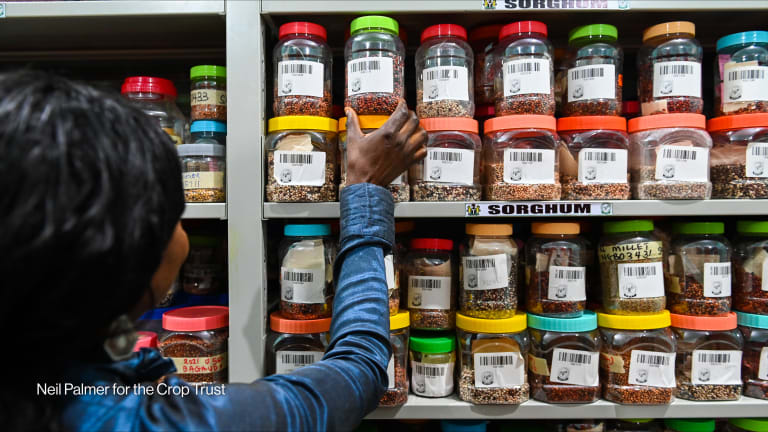Record rainfall has drastically reduced wheat yields across the United Kingdom, after the wettest 18 months in England in recorded history. The deluge, which scientists have attributed largely to human-induced climate change, led to an estimated reduction in winter wheat yields of up to 26.5%, with other major European wheat producers such as France also seeing a drop.
But for farmer John Letts, this has been one of the most productive growing seasons he has ever experienced. “The rain has just not affected them,” he said.
With increasingly unpredictable weather patterns posing a threat to farmer profits and food security, Letts is part of a growing movement of U.K. farmers rejecting modern farming techniques and turning instead to the past for answers.
Search for articles
Most Read
- 1
- 2
- 3
- 4
- 5








